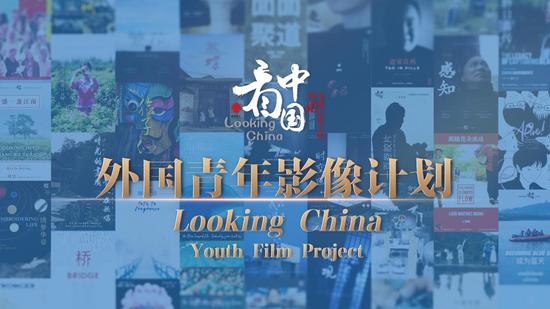
A poster of “Looking China—Youth Film Project” (By Li Yongli)
(ECNS) -- When Cecília Mello, professor at the University of São Paulo, first visited China with her students for the “Looking China—Youth Film Project” in 2016, she didn’t expect the project would last till today. Even more surprisingly, after initiating a letter to Chinese President Xi Jinping to introduce the program, they recently received a reply.
Mello said in her speech at the “China-Brazil Youth Storytelling” event held at the university on Tuesday that the young Brazilians who participated in the project were not only attracted by the breathtaking landscapes of China, but also deeply moved by the warmth, resilience and strength of the Chinese people. Mello wished that the friendship between Brazil and China would last forever.
The “Looking China—Youth Film Project”, organized by the Huilin Culture Foundation of Beijing Normal University and the Academy for International Communication of Chinese Culture, has been active since 2011. Since 2016, Brazilian youth have participated in this initiative, creating a total of 36 short films across 11 Chinese provinces, showcasing local images and culture.
Through these films, Brazilian filmmakers document China’s ethnic diversity, traditional craftsmanship, and ecological initiatives, while celebrating the strengthening China-Brazil relationship in the modern era.
Filmmaker: Our hearts are together now and forever
Traveling nearly 17,000 kilometers from Brazil to China — Pedro Nishi, a student from University of São Paulo, describes his deep connection to China: “I feel very close to China.”
Nishi is a member of the “Looking China”, and like many other young Brazilian filmmakers, he has created documentary shorts on Chinese culture through his unique perspectives. Using film, they tell stories of Chinese culture and capture distinct landscapes and traditions in China.
Nishi has traveled to Xinjiang twice, documenting the growth of a young Xibe girl, Mudan, over eight years and capturing the region’s development and transformation.
In 2016, during his first trip to Xinjiang, he documented Mudan’s life, an eight-year-old girl from the Xibe ethnic group in China’s Xinjiang. This short film, which focused on Mudan’s life, used a cross-cultural, cross-linguistic, and cross-ethnic emotional perspective to convey Nishi’s understanding of her family.
This film went on to win several major film festival awards in Brazil.
In 2024, Nishi returned to Xinjiang to film a sequel, “Spring in Mudan’s House”, portraying Mudan at age 16.
Through this comparative approach, the film displays the changes that occurred in Mudan and her family over these eight years, deeply illustrating the enduring friendship and bond between the people of China and Brazil.
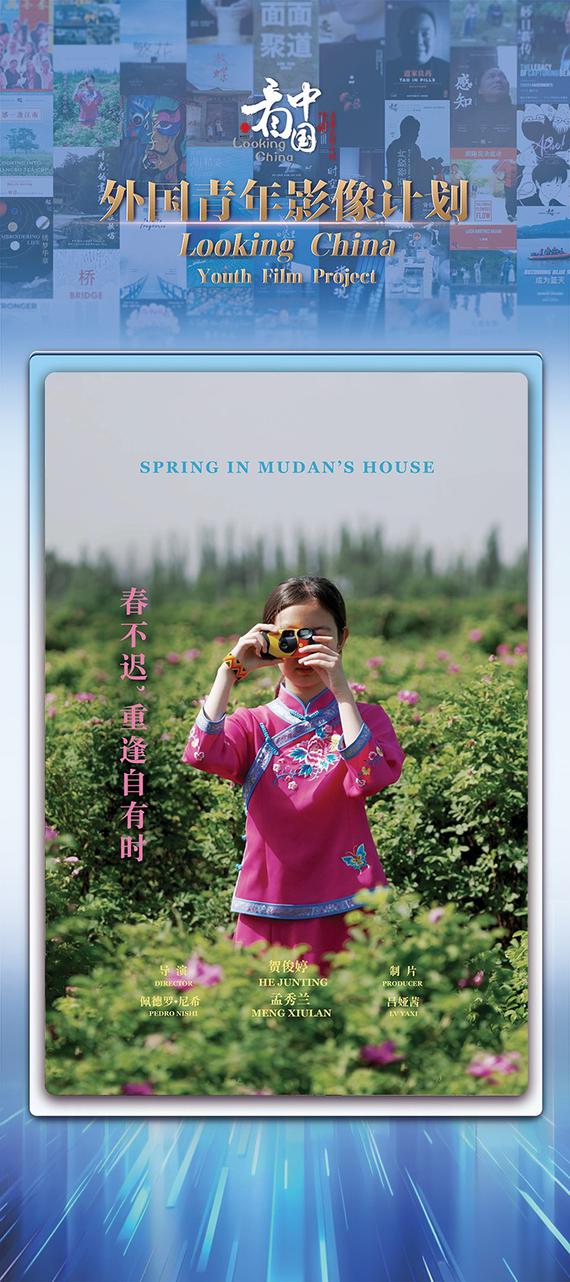
“I am sure that the most precious gift I received of those whole experiences was the amazing people I met, the fantastic stories I heard; the beautiful songs I heard; the cultural richness I saw; the things I learned; and the most important, the friends I made and the stories we had written together!” Nishi said.
He felt something mutual between the two nations, and said “China received me with an open heart as well. Our hearts still together now and forever.”
Friendship across continents
Many young Brazilian filmmakers, like Nishi, have experienced the depth of Sino-Brazilian friendship through the project.
For the past eight years, Professor Mello and South American students have traveled across China, capturing the country’s vibrant landscapes, cultural richness, and rapid development.
Amanda Carvalho, who participated in 2017 “Looking China” project in Fujian, described his time in China as transformative.
Reflecting on his time in China, he shared, “I can’t count how many amazing people I’ve met in China, lovely and generous women and men, and I’m absolutely thankful about the possibility to connect with them.”
Carvalho believes that these personal interactions brought added depth to his film work. “That was the most beautiful thing I could look in China, and I’ll keep this feeling forever in my heart,” he said.
Professor Mello emphasized that filming in China allowed us to fully appreciate China’s development philosophy and feel the profound impact of Sino-Brazilian friendship.
A long-lasting bond of friendship between Brazil and China
Recently, Chinese President Xi Jinping replied to leaders and prominent figures from various sectors in Brazil, encouraging them to continue contributing to the cause of China-Brazil friendship. In interviews with China News Service, Brazilian representatives who reached out to President Xi expressed their hopes for even closer and stronger ties between the two nations.
Enrique Teixeira, the former deputy mayor of Campinas in Brazil, has kept a cherished photo of his father, Henrique Magalhaes Teixeira, former mayor of Campinas, with Xi Jinping, then secretary of Fuzhou Municipal Party Committee, taken in January 1996.
Later that year, in November, Campinas and Fuzhou formally established a sister-city relationship. Over the past 28 years, Campinas has transformed into the “Silicon Valley” of Brazil, while Fuzhou has become a strategic hub of the “21st Century Maritime Silk Road.”
The cooperation between the two cities in education, trade, research, and industry has continued to thrive, Enrique said, noting that he has visited Fuzhou multiple times, helping to provide new collaborative projects.
“This is the shared wish of President Xi and my father, and it carries forward the spirit of friendship between our two nations,” he noted.












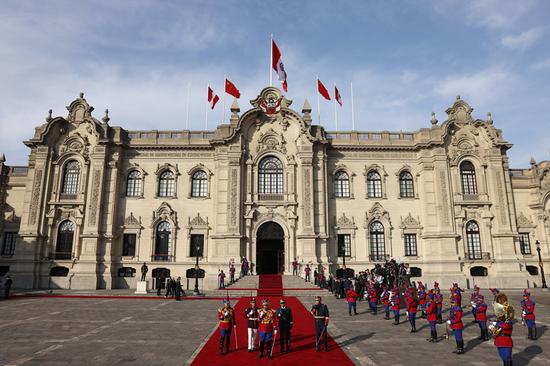


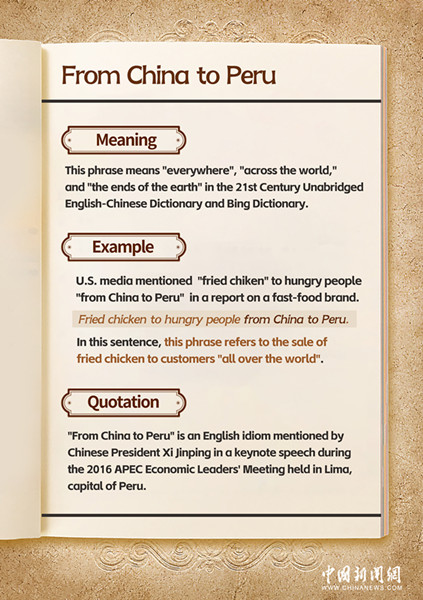
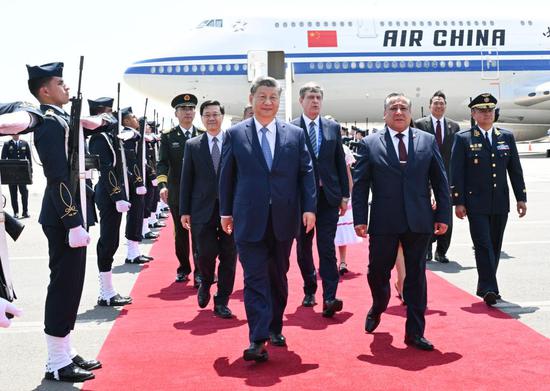



















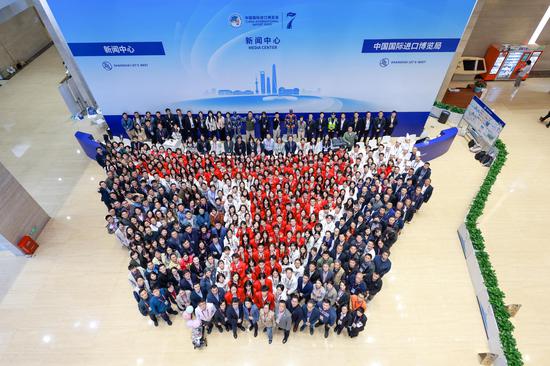

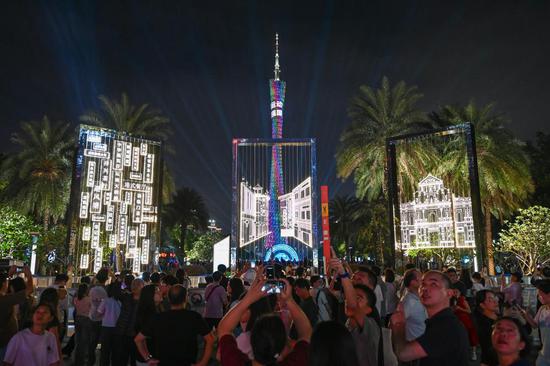
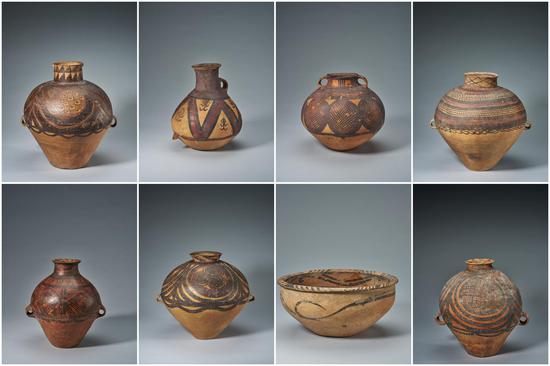






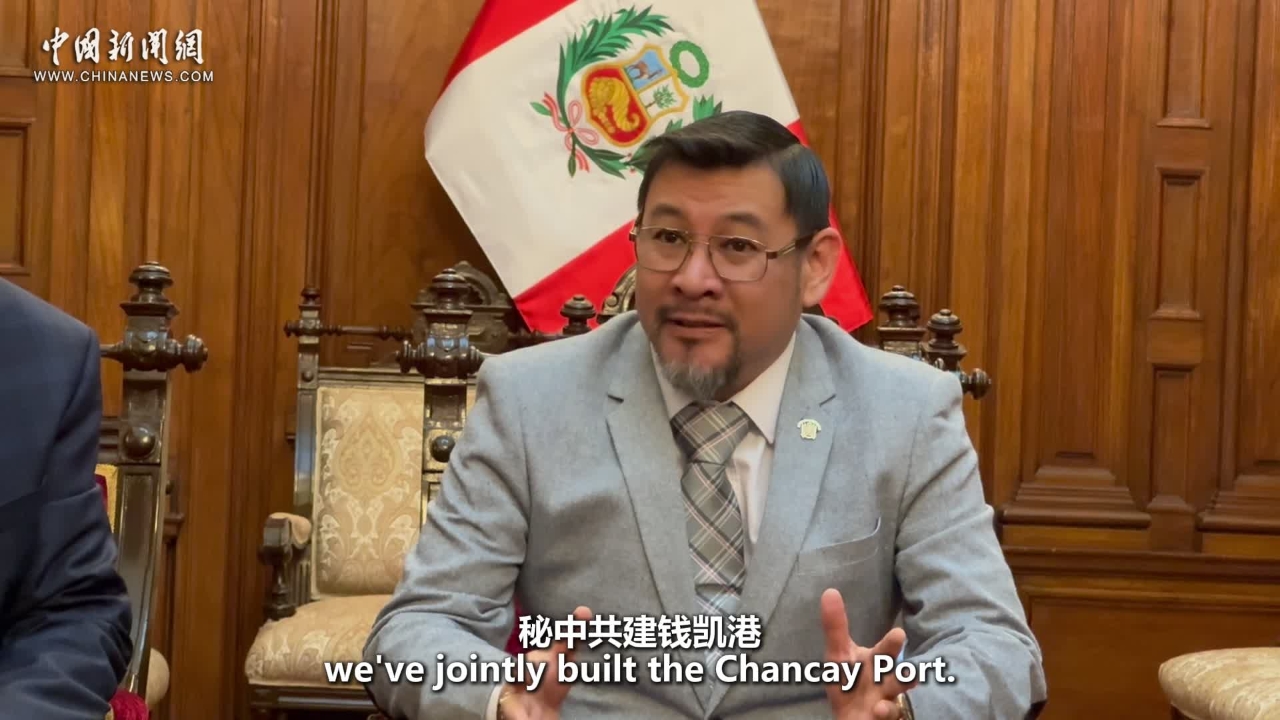

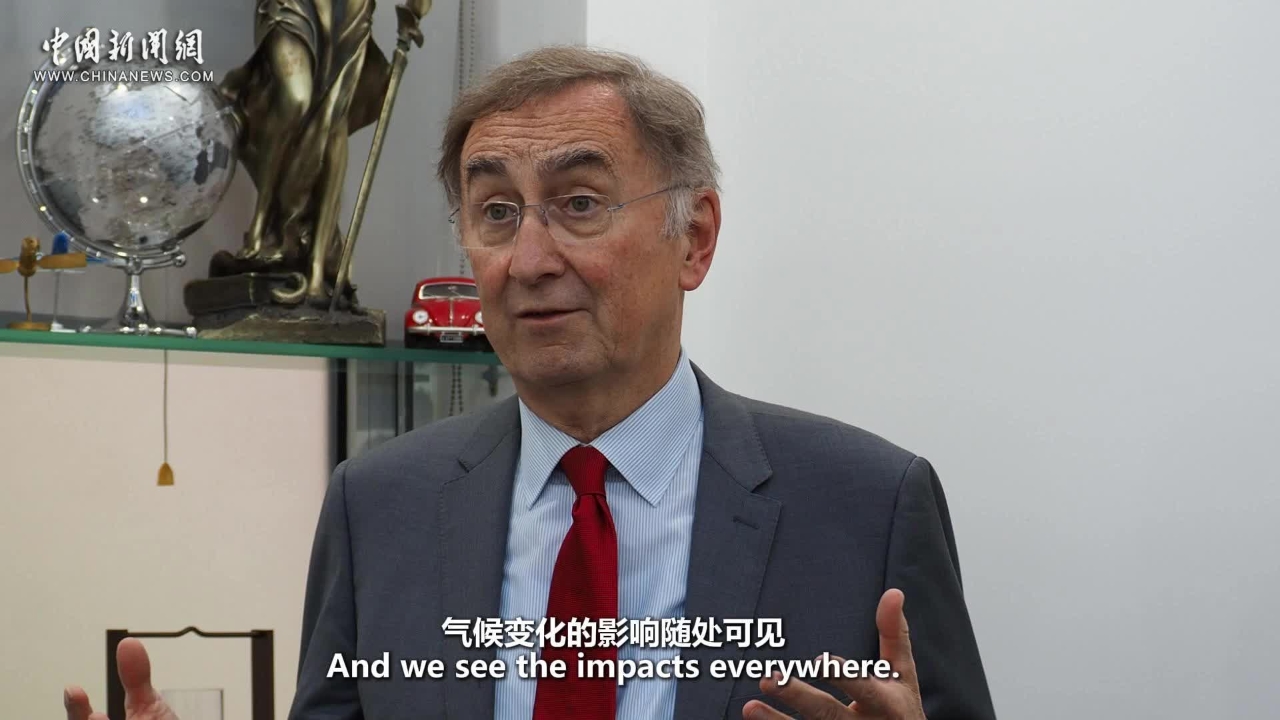

 京公网安备 11010202009201号
京公网安备 11010202009201号